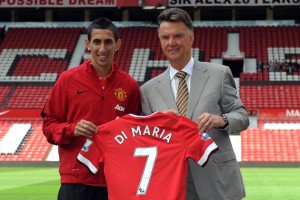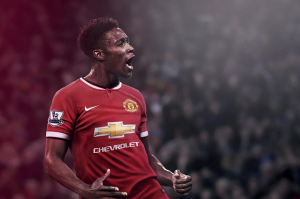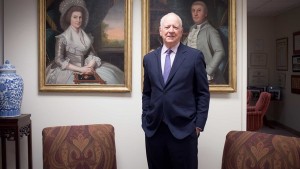Sports play a role in many different people’s lives. Soccer or Football depending on where you live, takes the cake as far as being the most popular sport in the world. Manchester United happen to be the world’s richest and most popular soccer team. Often criticized for their large amount of spending in order to acquire the world’s greatest talents in the sport, Manchester United has managed to win the most Premier League titles and 3 UEFA Champion’s League titles. Although, Manchester United has had a lot of success on the field, they have had even more when it comes to the business aspect.
Wall Street Valuation
From a financial standpoint, Wall Street has valued Manchester United as being the richest soccer club in the world. Mike Ozanian from Forbes states, “Wall Street now affords United an enterprise value of $3.6 billion. Math: market value ($3.05 billion) + long term debt ($613 million) – cash ($57 million).” This valuation is very impressive due to Manchester United having a poor season due to their shift in management after Sir Alex Ferguson retired last season.
Manchester United and Adidas:
Recently, Manchester United ended their partnership with Nike and moved on to Adidas. Mike Ozanian from Forbes tells us, “English soccer team Manchester United and German sportswear maker Adidas have agreed to the richest uniform deal in the history of sports. Adidas will pay $1.3 billion over 10 years to United, or $130 million a year, beginning with the 2015-16 season.” You would think that 1.3 billion is enough, right? Not for Manchester United. Mike Ozanian also states, “But the Adidas kit deal, coming comes along with the team’s $559 million, seven-year shirt deal with Chevrolet (also the richest in sports) means it will continue to have the cash flow to turn an operating profit and sign elite players.”
Capacity and Inventory:
Since Manchester United are very popular, there will be a huge demand as soon as the new Adidas uniforms roll out. However, until then Manchester United will still have a lot of the Nike uniforms available. Manchester United will have to decrease their capacity slowly and lower the price of the Nike uniforms as the end of the season approaches. This will result in a decrease of the Nike inventory due to more sales, which is what they want as soon as they can start selling the new and highly anticipated Adidas uniforms.
The Competition:
Manchester United may have the lead but other teams are getting closer. The two most popular teams in Spain would be Real Madrid and FC Barcelona. Forbes put a value of 3.44 billion for Real Madrid and a 3.22 billion valuation for FC Barcelona. Another advantage for these clubs is that they have the two best players in the world, Cristiano Ronaldo (Real Madrid) and Lionel Messi (FC Barcelona).
Questions:
- Do you think that sports teams are nothing more than a business?
- What are some good ways to sell inventory that consists of jerseys with decreasing demand?
- Do you agree with Manchester United’s valuation?
- Do you think it is fair to fans to constantly release new jerseys, which causes them to keep repurchasing?
Sources:
http://i3.mirror.co.uk/incoming/article3823301.ece/alternates/s2197/Manchester-United-new-Kit.png



